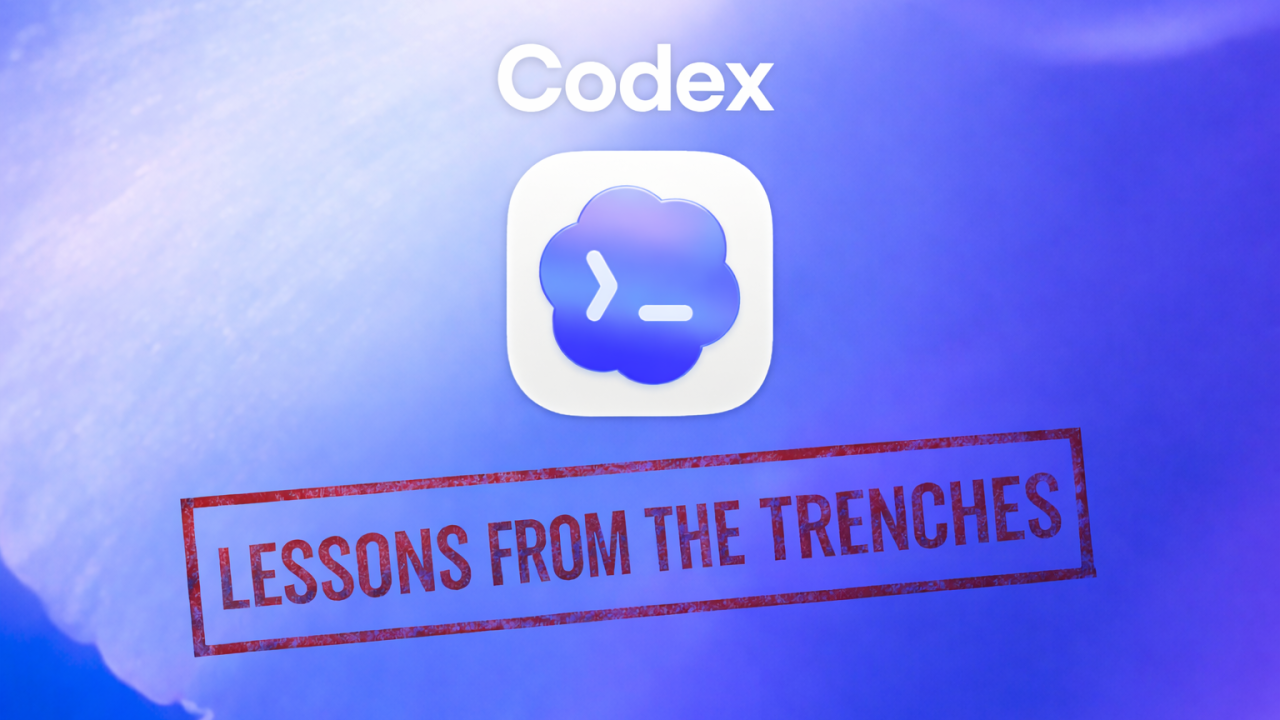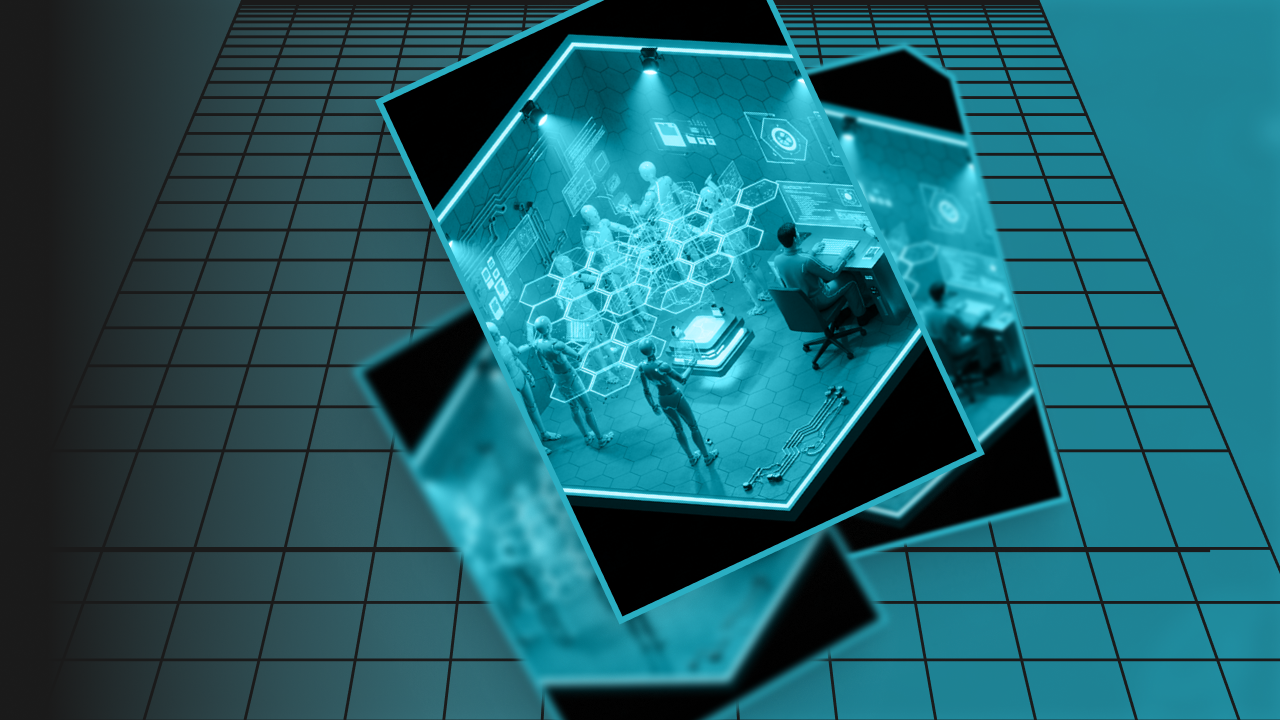2025: The Year of Agentic AI
Rob Borley
3 min read • 7 February 2025
A quiet but radical shift is underway in software design. We believe that 2025 will be remembered not for the proliferation of new AI tools, but for a decisive pivot: the arrival of Agentic AI as a mainstream concept, and the beginning of its real-world impact.
Until now, AI has largely remained assistive. Tools like ChatGPT or GitHub Copilot accelerate tasks or enhance productivity, but always under direct human instruction.
Agentic AI breaks that mould. Instead of acting as passive tools, agentic systems operate with a degree of autonomy. They pursue objectives, make decisions, and take action without constant human supervision.
It’s not just that the AI has become more powerful. It’s that the very foundation of how we build software is evolving.
From Assistants to Agents
In 2023 and 2024, most of the AI-powered software we encountered took the form of assistants. Whether embedded in a product or accessed via a chat interface, these systems were reactive: they required prompting, guidance, and often repeated oversight.
Agentic AI turns that model inside out.
Agentic systems are not just passive responders; they are active participants. They initiate tasks, monitor progress, assess changing conditions, and adjust strategies to achieve their goals. They don’t simply “respond” to users, they act on their behalf.
Two recent launches from OpenAI illustrate this shift.
The first, Operator, is an agent that can independently navigate the web, book flights, manage purchases, and carry out other tasks that typically require a human behind the screen.
The second, Deep Research, is capable of autonomously exploring topics across the internet, synthesising information, and delivering structured, reliable report without any line-by-line instruction from a human.
These are not assistants. They are early signals of a different vision of what software is. They are agents; goal-directed entities, capable of reasoning and acting within defined (but complex) environments.
The Next Layer of Software Autonomy
Agentic AI is more than a buzzword. It represents the next layer in the evolution of software. Traditional applications are deterministic. This means that they follow a fixed set of instructions, written by engineers, based on known conditions. AI-enhanced applications (like modern recommendation engines or chatbots) introduce flexibility and learning. But they are still constrained by their role as passive tools.
Agentic systems go further. They blend AI models with decision frameworks, automation platforms, and system integrations to accomplish objectives. This means they don’t just respond to “what now?”. Instead they ask “what’s next?”
The implications are enormous. Agents don’t require constant user direction. They can be given goals; “find the best supplier,” “prepare a market analysis,” “book travel for these dates”. And then go off and get it done.
This doesn’t mean abandoning oversight or governance. Far from it. But it does mean a different design posture. Instead of scripting behaviour step-by-step, engineers and architects now define boundaries, incentives, tools, and safe escape routes . The software is no longer just logic. It’s behaviour.
Why 2025 Is a Turning Point
For years, the idea of autonomous software agents has lived in research labs, science fiction, and edge-case experiments. What’s changed is that the tooling, data access, model performance, and orchestration frameworks have matured enough to make agentic systems feasible in the real world.
The pace of adoption is now a strategic question. Those who explore and embrace this shift early will capture disproportionate value. Just as early cloud adopters built more agile, scalable infrastructure, early agentic adopters will unlock entirely new operating models.
This isn’t about AI in isolation. It’s about how AI works within your systems, with access to your data, your APIs, your internal knowledge base, and your workflows.
It’s AI not as a tool, but as a participant in your operations.
The Strategic Imperative
At Dootrix, we’re building for the future of intelligent software—and that future is agentic. We don’t see agents as a niche feature or experimental add-on. We see them as the centrepiece of the next wave of software: adaptive, proactive, goal-oriented.
2025 is not just the year we talk about Agentic AI, it’s the year we start building with it. That means new design principles, new delivery approaches, and new questions for technology leaders to ask.
If you’re still thinking about AI as a bolt-on, it’s time to shift your perspective.
The next generation of software isn’t just AI-enhanced.
It’s AI-native.
Rob Borley

